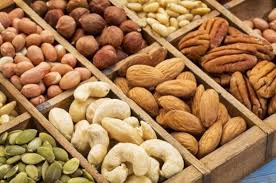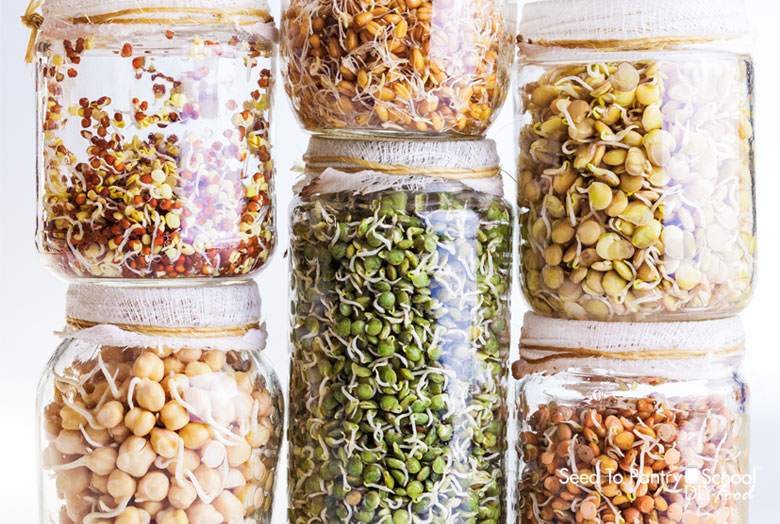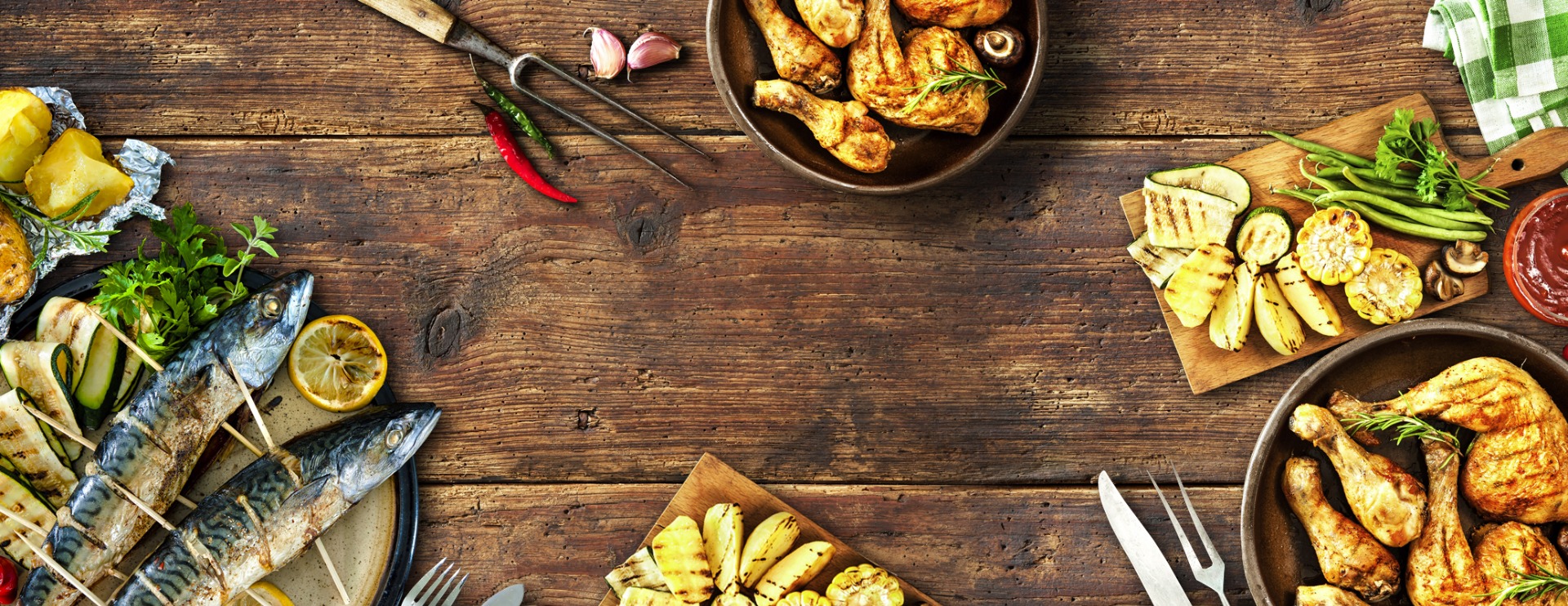SOAKING & SPROUTING

IS IT NECESSARY TO SOAK NUTS?
Many of us consume nuts for their healthy fats and their good source of protein. But many of us do not know how to properly prepare nuts so that we can better digest them. Is it necessary to soak nuts? The answer to that question is yes, absolutely!
Nuts have phytic acid. Phytic acid is also found in grains and legumes. Just as with grains and legumes, soaking nuts is essential for proper digestions. When eating nuts that haven't been soaked, the phytic acid binds to minerals in the gastrointestinal tract and can not be absorbed in the intestine and to many bound minerals can lead to mineral deficiencies. By soaking, you are breaking down the phytic acid so it can be absorbed properly.
Nuts also have high amounts of enzymes inhibitors. This is another reason why un soaked nuts are hard to digest. Soaking nuts can neutralize the enzymes allowing for proper digestion.
So the basic method of soaking nuts is pretty much the same with some slight variations. Basically, you soak the nuts in salt water (salt is necessary to help neutralize the enzymes) and then you dry them.
Be sure to fully dry your nuts or they could become moldy. You do not want to dry your nuts any higher than 65°C in the oven.
Procedure
- 4 cups nuts
- 2 tbsp unrefined sea salt
- filtered water (enough to cover seeds)
Soak a minimum of 16 hours
Dehydrate in oven for 12 hours or overnight (do not use temperature above 65°C).

WHAT ABOUT SPROUTING?
Sprouts are soaked and germinated seeds, nuts or grains that are full of beneficial enzymes, vitamins and amino acids. They are also incredibly easy to grow at home on a kitchen counter with plain water and minimal equipment.
Sprouts are incredibly nutritious and inexpensive, and take only a few days to grow. Sprouting increases the nutrient content of seeds and legumes and makes them easier to digest.
The practice of sprouting takes things even a step past soaking. By completing several cycles of soaking, rinsing, draining and air exposure over a 1-4 period, certain seeds will enter a state of germination in which physical sprouts actually appear. This extent of germination is highly beneficial as it not only reduces enzyme inhibitors, but increases the healthy enzyme content six fold. Sprouting is not possible with all varieties of nuts however, ands occurs far more readily in seeds, legumes and grains. Raw and nonirradiated pumpkin seeds, sesame seeds and sunflower seeds are all good candidates for the sprouting process.
The most common seeds used to grow sprouts are:
- Alfalfa
- Broccoli Seeds
- Red Clover Seeds
- Lentils
- Mung Beans
- Pumpkin Seeds
- Sunflower Seeds
- Chia Seeds
How to Grow Sprouts
- Wash hands well and make sure that all equipment is clean and sterile.
- Pour one type of seed into the jar. Use about 1 teaspoon of small seeds like alfalfa or broccoli or 1/4 cup of beans and lentils (for a liter size jar).
- Cover with 1 cup of filtered water and put lid or cheesecloth over the jar.
- Allow to soak for up to 12 hours. It is often easiest to do this at night and soak overnight.
- In the morning, strain off the water.
- Re-rinse the sprouts several times a day with filtered water.
- You should see sprouting in a day or two and most sprouts are ready to harvest in 3-7 days.
- When done sprouting, rinse thoroughly in cool, filtered water and store in a covered container in the fridge for up to a week.
